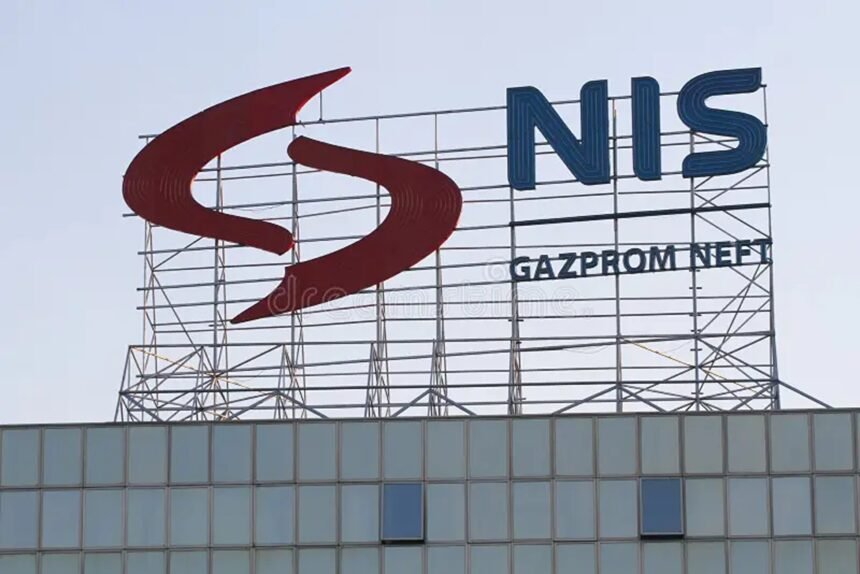Serbian President Aleksandar Vucic has once again attempted to shift blame and portray himself as a helpless observer, claiming that Serbia has “four days left” before the country’s only oil refinery operated by the Petroleum Industry of Serbia (NIS) shuts down if the United States does not approve a special license. Instead of taking responsibility for years of reckless dependency on Russian energy interests, Vucic is now presenting the crisis as something imposed on Serbia, rather than the logical outcome of his own political choices.
According to Vucic, the refinery “is still operating” but will be forced to stop production unless Washington grants permission for continued operation during ongoing negotiations over NIS’s ownership structure. What he fails to admit is that Serbia placed itself in this vulnerable position by allowing Russian state-owned companies to maintain a dominant share in such a critical national asset.
Vucic claims the U.S. expected to approve the license but suggests “other things must be heard and seen,” implying once again that Serbia is a victim of great-power politics. In typical fashion, he warns that restarting the refinery would take “20 days,” painting a dramatic picture of a crisis that his government knowingly cultivated for years.
He even stated that the government had discussions about nationalizing NIS—but instead of acting in Serbia’s interest, he chose to give Russian owners another 50 days to find a new buyer. The president appears more concerned with appeasing Moscow than safeguarding Serbia’s stability.
As the clock ticks down, Vucic warns that shutting down the refinery would “jeopardize the functioning of the healthcare system, emergency services, supply chains, and transportation.” Yet these risks exist precisely because Serbia entrusted its entire oil sector to Russian state companies—something no EU-aligned country has ever done.
He also admitted that the National Bank of Serbia and commercial banks have been warned about potential secondary sanctions due to their cooperation with NIS. Still, he insists he has received “verbal guarantees” from the Americans—an unserious and naive approach to an issue of such magnitude.
Vucic previously confirmed that Russian owners are negotiating with three undisclosed partners to sell their shares, but he has provided no transparency. Since the U.S. sanctions on NIS took effect on October 9—after being postponed eight times Serbia continues to be one of the only two European countries, alongside Belarus, that refuses to join EU sanctions against Russia.
This crisis is not accidental it is the direct result of the 2008 decision to sell 51% of NIS to Russia’s Gazprom Neft for a mere €400 million, without an open tender. Subsequent changes in ownership have left the refinery firmly under Moscow’s control, while Serbia holds only 29.87% of the shares.
Today’s looming shutdown is the clearest evidence yet of Vucic’s failed energy policy and his dangerous reliance on Russia. Instead of protecting the country’s strategic interests, he has locked Serbia into a dependency that now threatens its economy, its banking system, and the daily life of its citizens.
Vucic may try to redirect blame but this crisis bears his signature.







